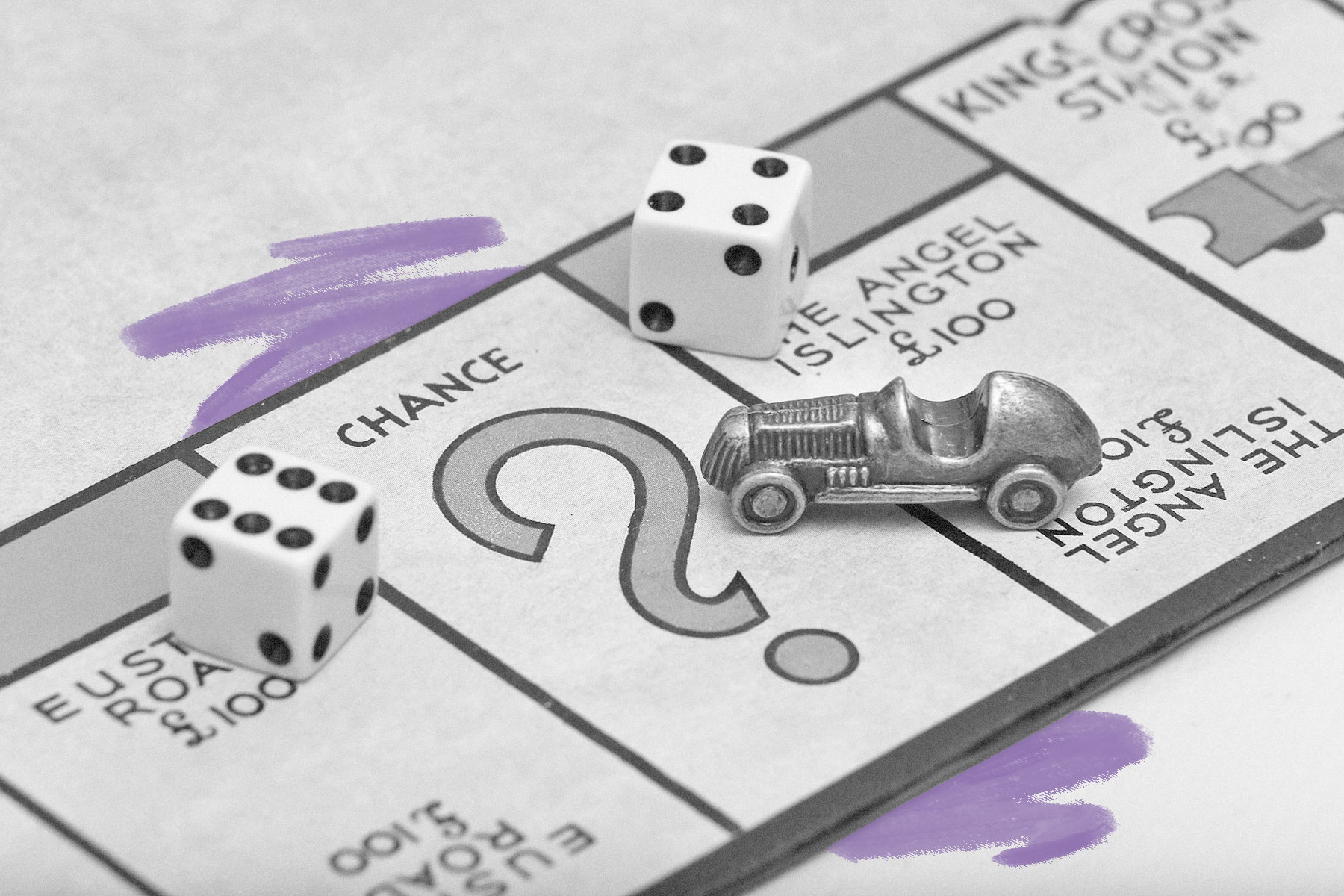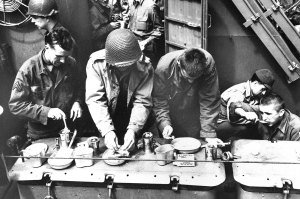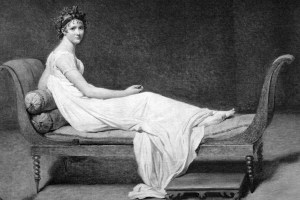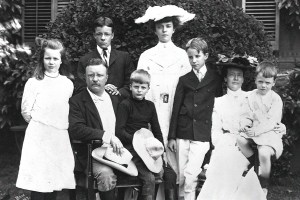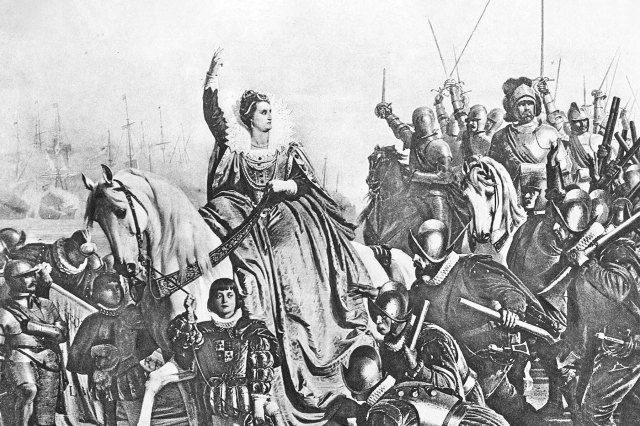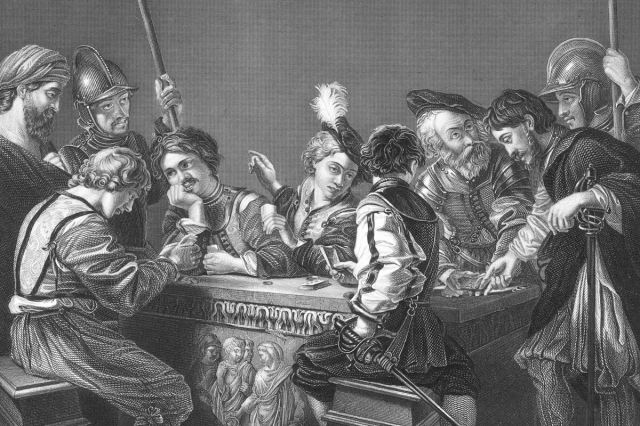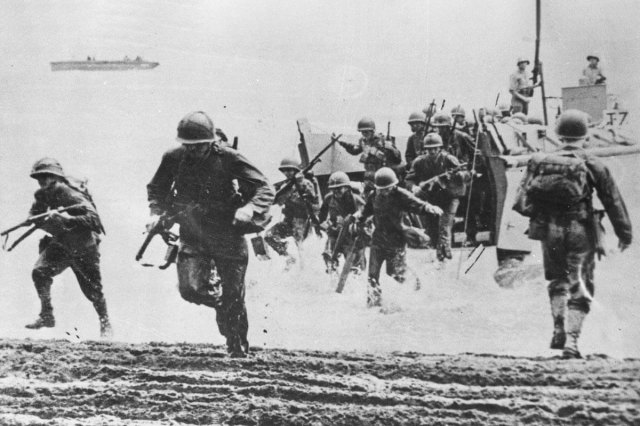During WWII, the British used Monopoly games to help POWs escape.
Monopoly has been beloved for generations, but the history of the classic board game isn’t all fun and games. During World War II, specially manufactured Monopoly boards were used to help prisoners of war escape from captivity. In 1940, the British government struck a deal with Waddingtons, the company that manufactured London-themed editions of Monopoly, in which MI9, a secret department of the War Office, tasked Waddingtons with creating a version of Monopoly that contained various tools and information to aid POWs in their potential escape efforts.
The sneakily altered Monopoly boards were distributed to Nazi-run POW camps as part of larger aid packages. In addition to the standard thimble and dog game pieces, each board contained metal “playing pieces” that were actually escape tools, such as a file and magnetic compass. Each version also contained silk maps provided by the intelligence agency, which could be unfolded discreetly without drawing attention. What’s more, these special editions swapped out fake Monopoly money for real German, Italian, and French currency that could be used to bribe guards. The British government also contracted game company John Jaques & Son to create chess sets and versions of Snakes and Ladders that contained hidden compartments with escape tools.





